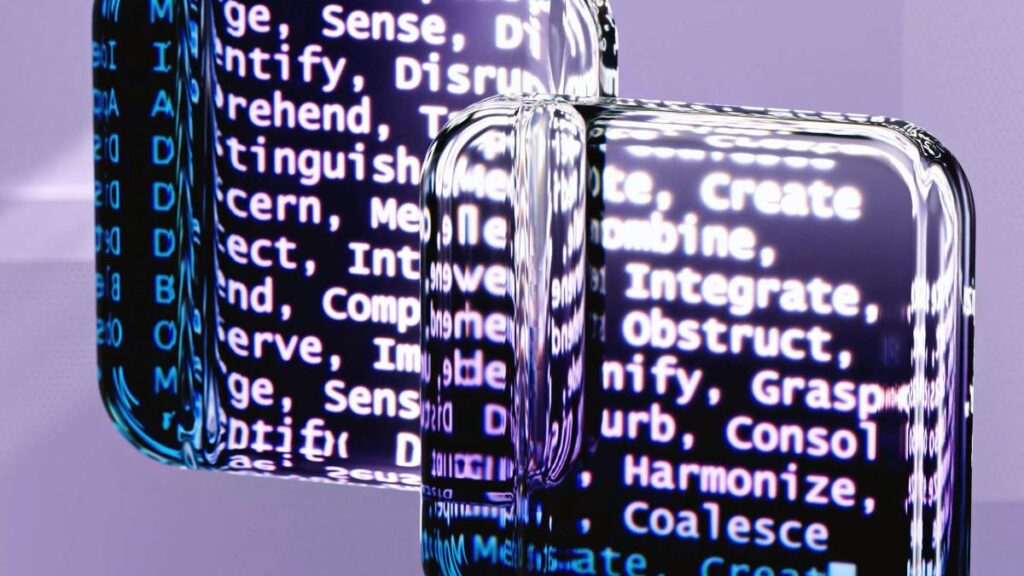A landmark bill preventing the use of artists’ images, voices and likenesses without consent has been passed by the Illinois State Senate.
HB 4875, signed into law by Illinois Governor J.B. Pritzker, formally enacts amendments to the state’s Right of Publicity Act, which passed back in 1999 to require written consent for the use of an artist’s likeness for commercial purposes. The revamped bill allows musicians, record labels and other rightsholders to sue parties using AI to generate and disseminate unauthorized digital replicas.
The bill defines “digital replica” as a “newly-created, electronic representation of the identity of an actual individual created using a computer, algorithm, software, tool, artificial intelligence, or other technology that is fixed in a sound recording or audiovisual work in which that individual did not actually perform or appear.”
Senator Mary Edly-Allen advanced HB 4875, which had received bipartisan support since its introduction to the Illinois State Senate.
“In the last few years, we have seen an explosion of AI tools and AI-generated content, often created and distributed without authorization,” Edly-Allen said in a press release issued by her office. “While AI is a powerful tool with the potential to do much good, guardrails are necessary to protect artists and the general public.”
The scourge of AI-powered deepfake technology has emerged as the music industry’s most explosive flashpoint, raising urgent questions and fears surrounding authenticity. Deepfakes pose significant, existential challenges for musicians, who are rightly concerned about the potential for their work, voices and identities to be exploited and repackaged in misleading ways.
“As an indie artist, every song I make is a piece of my soul,” added Dani Deahl, a DJ, dance music producer and Chicago Chapter Recording Academy trustee, who testified in the case. “House Bill 4875 is not just legislation—it’s a shield protecting that soul from being mimicked and monetized by unauthorized AI. It guarantees that our identities remain uniquely our own. This law ensures that as technology advances, it does so with respect for our rights and our very essence as creators.”
The legislation is just the tip of the iceberg with regard to AI-related protections for artists, as the swift proliferation of unethical deepfake tech has led to swelling support beyond the state level. Led by Delaware Senator Chris Coons, a group of Congress members in July introduced the NO FAKES Act, which seeks to establish federal guardrails “to protect the image, voice, and visual likeness of individuals” from unfair use.
The United States Senate Judiciary Committee’s Subcommittee on Intellectual Property held a hearing on Tuesday, April 30th titled “The NO FAKES Act: Protecting Americans from Unauthorized Digital Replicas.”
“This bill would protect people from having their images, voices, or likenesses used to create digital replicas that say or do things they never agreed to or would never say,” Coons said in his testimony at the time, per Tech Policy Press. “The bill accomplishes this broad goal in two ways: by holding individuals and companies liable if they produce an unauthorized digital replica of an individual’s voice image or likeness and by holding platforms liable if they host or distribute an unauthorized digital replica if the platform knows the person depicted did not authorize it.”
HB 4875 was officially signed into Illinois law August 9th, 2024 and will be enacted January 1st, 2025.

